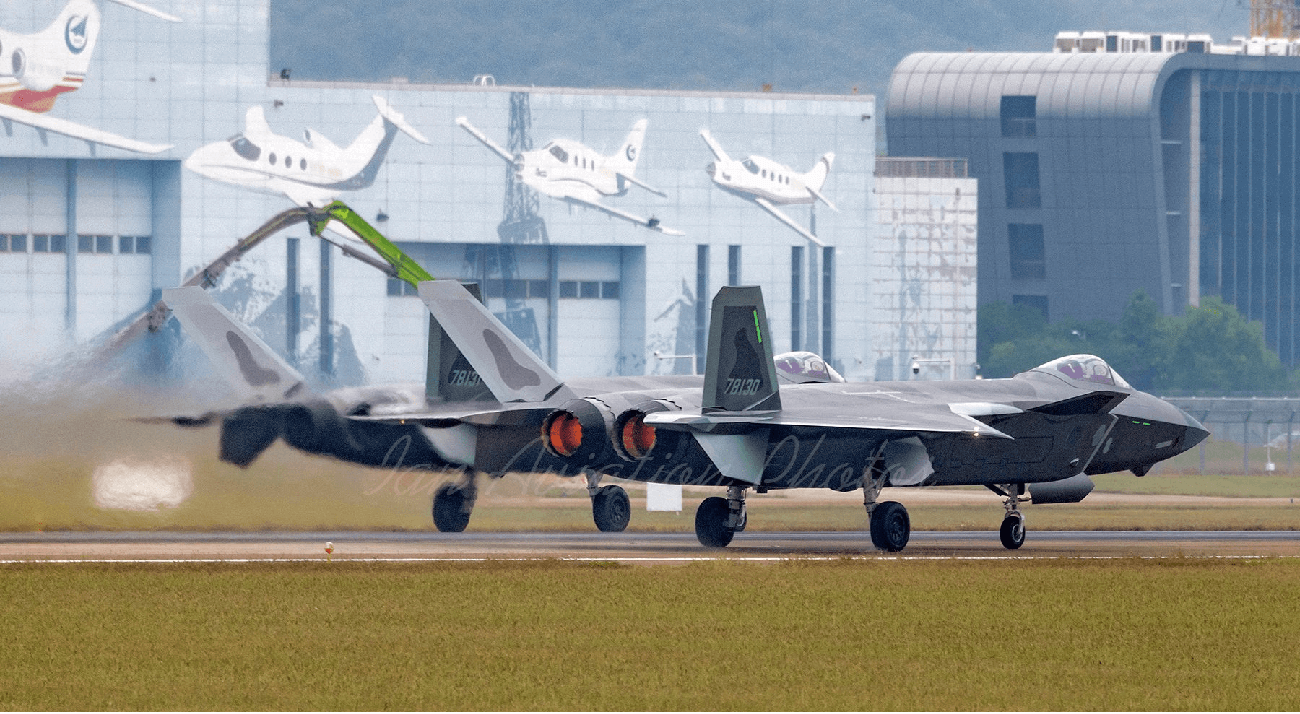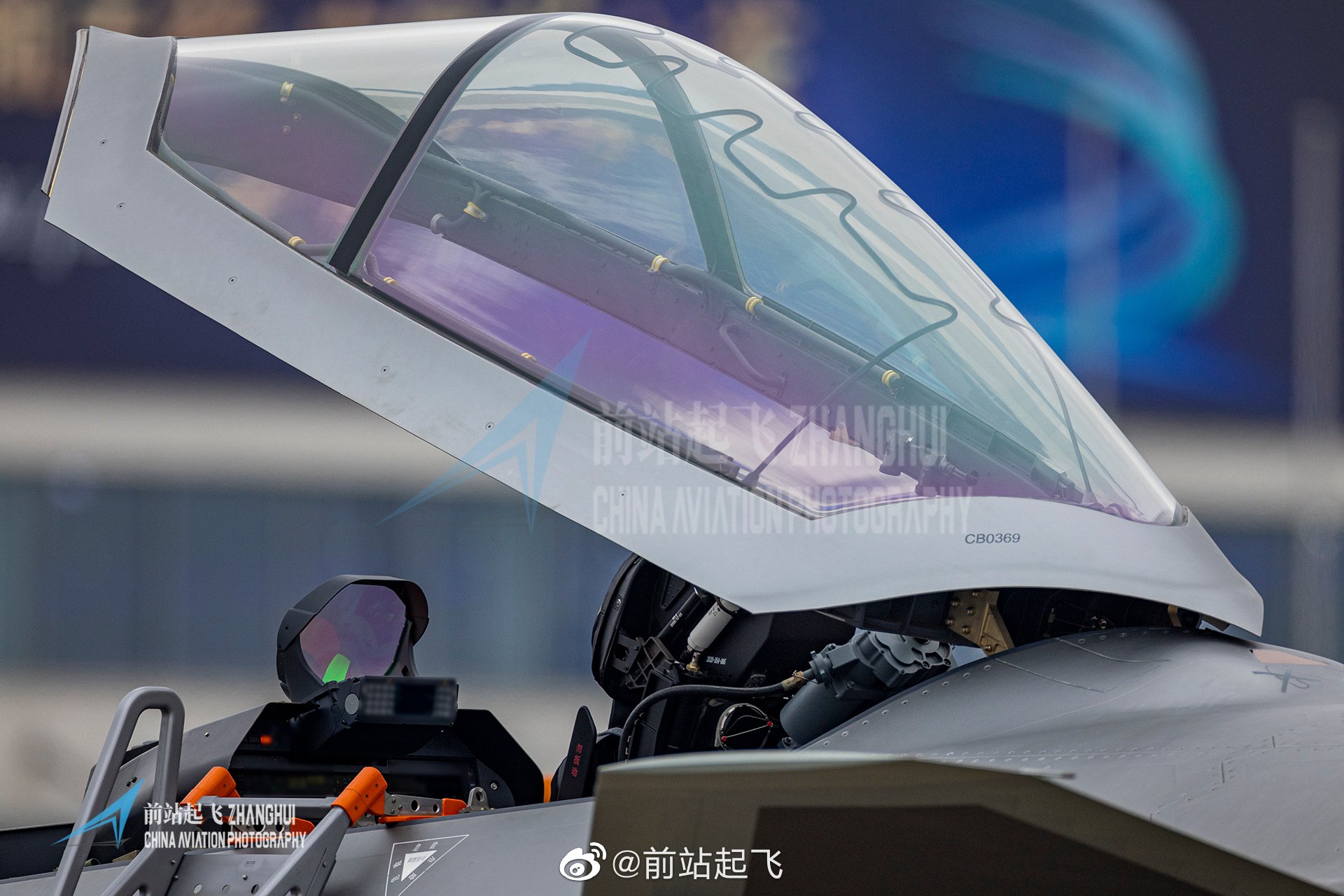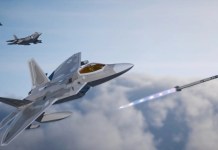Videos and photos of a Chinese J-20 stealth fighter jet releasing black smoke circulated the internet and caused debate among defense enthusiasts and military observers.
-
Bulwark Against Hypersonic Missiles, Japan To Remodel Its Type-03 SAMs To Counter China, Russia Threats
-
Ukraine War: G-7 May Try To Broker Peace By Proxy In Ukraine, But The Western Agenda Can’t Be Ignored
Some watchers claimed that the jet is overhyped and issues with poor Chinese manufacturing have begun to show.
The Generation 5 stealth fighter has been displayed to the public for the first time in this year’s ongoing Zhuhai Air Show, where the fighter landed, taxied, and parked before the public for a closer view.
Usually, the fighter only conducted flypasts and aerobatics. Now opening the ‘Mighty dragon’ for the audience indicates China’s and the People’s Liberation Army Air Force’s (PLAAF) confidence in the aircraft.

The rare public display also led to some close-up photographs being clicked, showing its brake parachute, part of the cockpit, and the enclosed air-to-air refueling probe.
The fine workmanship and finishing of the plane’s body were also visible, baring the highly sophisticated metallurgical, forging, and precision cutting processes.

J-20 Breaking Down?
The video showed a puff of black smoke being released from a small exhaust in the bottom spine of the plane, just before the tails (vertical stabilizer) section.
Onlookers claimed it was an issue with the plane’s engines, which China has still not succeeded in fully mastering. However, putting doubts ti rest, experts said it was the Auxiliary Power Unit (APU), which also operates the same way on the American F-22 Raptor.
J-20 in Zhuhai is boken down!@VinodDX9 @RupprechtDeino @alpha_defense pic.twitter.com/2A3m1n7xgO
— ⚒️矿老师? (@telegra2116) November 7, 2022
The APU is usually a miniature jet whose primary role is to drive the main engine to complete the start-up operation.
It also provides part of the power and high-pressure air or fluid when the main engine is turned off to save fuel and reduce its wear and tear. This cumulatively has a significant positive impact on the main engine’s life and maintainability.
“That’s a most common feature when the APU starts,” noted Chinese military aviation expert Andreas Rupprecht while speaking to EurAsian Times. Former IAF Jaguar pilot Squadron Leader Vijainder K. Thakur confirmed it was the APU.
The following video shows the F-22’s APU throwing out thick, dark greyish, and black smoke. The F-22’s APU is located just under the leading edge of the left wing, above the side internal weapons bay compartment.
Another comment from a Chinese national on a popular defense page, who was present at the air show, said that the same J-20 was merely stopping over at Zhuhai and was seen perfectly taking off later. There were no issues with the engine.
J-20 To Be Upgraded Further
While the era for the J-20 is just beginning, unlike the F-22 and the F-35, which are beset with a host of production, technical and budget constraints.
Global Times quoted the J-20’s chief designer Yang Wei, who said that future upgrades would involve Artificial Intelligence (AI) and “cognitive technologies” to make it perform optimally in a “combat system.”
Current air warfare philosophy considers systems as teams and combinations of aircraft and Unmanned Aerial Vehicles (UAV), which would coordinate to carry out joint tasks.
Speaking at a press conference by the Aviation Industry Corporation of China (AVIC), Wei said, “Four J-20s can form a formation, which is a small system; a J-20 can team up with a J-16 and a J-10C in another small system. Recent news reports also suggested that the J-20 can fly together with drones, which is also a system.”
The report quoted Yang saying that the development strategy of the PLAAF used to be homeland defense, but now it has become air-space integration with both attack and defense capabilities.
- The author can be reached at satamp@gmail.com
- Follow EurAsian Times on Google News




